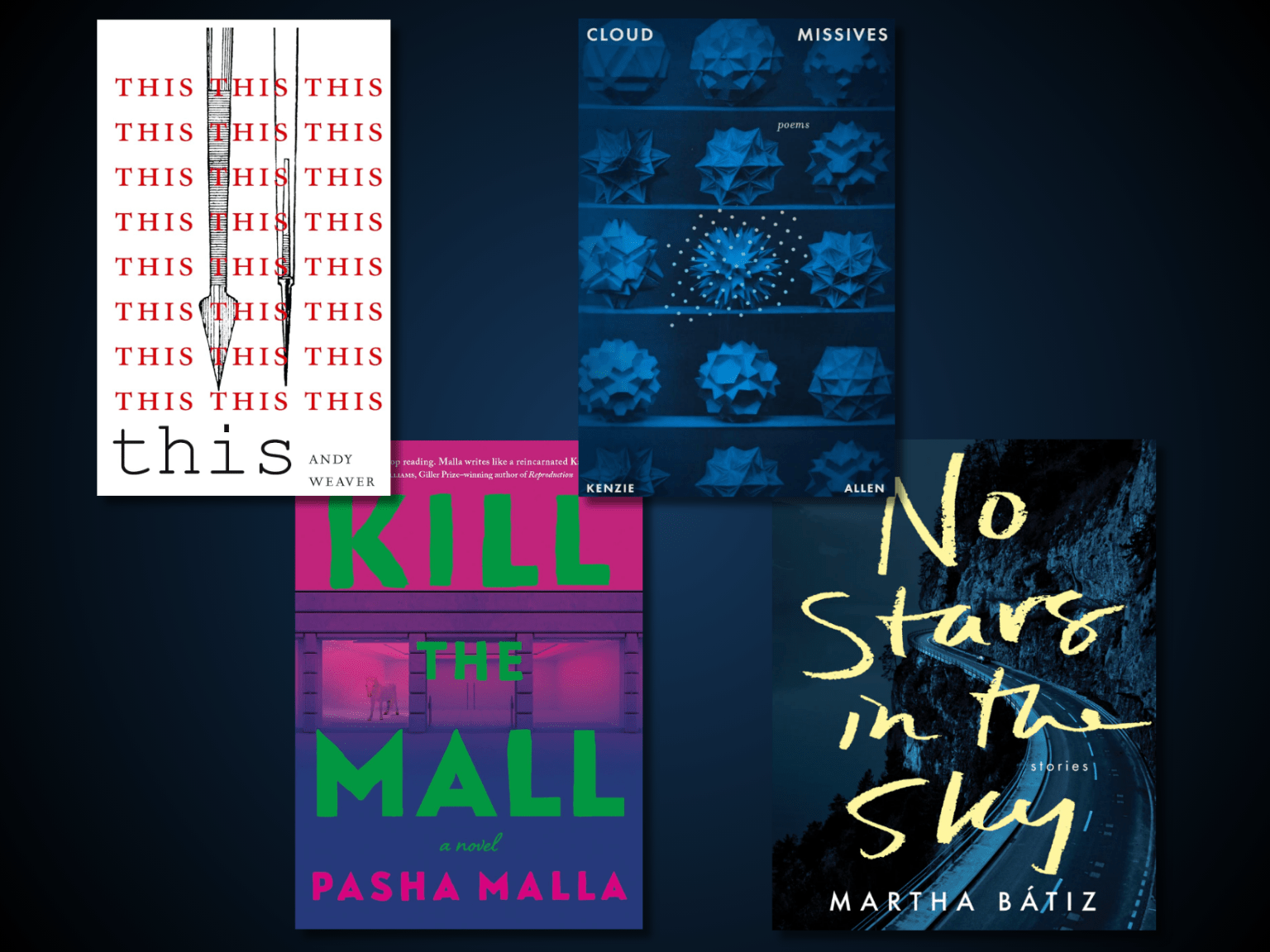On Sept. 21, 2023, four of York’s creative writing professors presented their creative works at a fall faculty reading event as part of the Rishma Dunlop Reading Series.
The Rishma Dunlop Reading Series introduces students to a variety of creative works written by alumni, faculty, and other writers. The event is also an opportunity to engage in discussions on how the writing process works for authors and aspiring writers. The diverse works presented at the event this year ranged from short stories, to poems, and to excerpts from novels.
The presenters at this year’s fall event were Professors Andy Weaver, Kenzie Allen, Pasha Malla, and Martha Bátiz, who all shared their creative works. After the event, Excalibur had a chance to speak to them about the inspiration behind their work and advice they had for students and aspiring writers.
“I am fascinated by words, and how we use them to translate actual lived experience into an abstract medium in order to try to understand and communicate experiences to ourselves and others,” says Andy Weaver, associate professor of creative writing and author of the poetry collection This.
Weaver also explains that “creative writing is a place for investigation and experimentation with what makes us individual — our emotions, our ideas, our memories — and how we attempt to move those from the personal to the public.”
Kenzie Allen, assistant professor of creative writing and Indigenous literatures, describes her inspiration for her forthcoming poetry collection Cloud Missives as “a book of poetry spanning forensic anthropology, Indigenous identity, and love songs to the world around us.
“The poems in Cloud Missives were written over the course of a decade, and then once they were set down next to each other, various themes emerged across the different sections, like excavation, reinvention, and healing.”
According to Allen, “Creative writing, and especially poetry as a medium, invites you to create your own new languages, in order to put words (and more) to what might feel unsayable otherwise … so much becomes possible on the page and in the mind of the reader. Of course, it’s a way to express oneself, but it’s also a way to affect the heart of that reader, to use the power of utterance to remake the world.”
Pasha Malla, associate professor of creative writing and author of seven books, read from his novel Kill the Mall. The book follows the narrator, who is offered residence in a mall that has fallen on hard times. Malla teases the sequel, All You Can Kill, which is set at an all-inclusive couples retreat, as being “pretty weird.” When asked about the inspiration behind his work, Malla says he “wanted to have fun.”
Malla enjoys creative writing for its emotional benefits as it “promotes stillness and introspection and listening and empathy and connection.”
Martha Bátiz, a sessional professor of creative writing and author of the short story collection No Stars in the Sky, explains, “The stories in my book were written because of my own personal concerns regarding the political and social situation in Latin America, but also in other parts of the world, and the dangers and challenges that women face.”
Bátiz adds that “at a very basic level, creative writing puts you in touch with your inner fears and vulnerability, allowing you to get to know yourself better and, through this form of self-expression, find new ways to heal. It makes you stronger. But it also becomes a tool to express and shape your views of the world and put into words feelings and ideas that would otherwise be very difficult to express. People should be encouraged to write creatively because it reminds us what makes us human, the connections that we share, and what truly matters in life.”
As a professor who also teaches Spanish language and literature, Bátiz shares that she hopes her writing inspires aspiring writers whose first language may not be English.
“I think my work can show other immigrants and second-generation Canadians that it is possible to have a writing career here even if English is your second language. And it doesn’t mean setting aside writing in your native language. I write, publish, and translate from and into English and Spanish,” she says.
Additionally, she gave some advice for aspiring writers: “Read a lot! Expose yourself to all forms of art exhibitions, readings, plays, music, and dance performances. And, if you’re serious about it, join a class so you can start honing your skills and taking your first steps down this path. Don’t be afraid, see where it leads you.”
The event also seemed to be a success among attendees, both students and faculty alike.
“I like how diverse the authors were, not just with where they come from culturally, but also how they focus on both books like writing, poetry and regular books as well. It was really nice.” says Gabby Molina, a second-year English student.
Samantha Bernstein, a professor of English and creative writing, adds:
“It was a real pleasure to hear my colleagues read from forthcoming work and to have an event that celebrates all the creativity in this department.”
To learn more about the Rishma Dunlop Reading Series, click here.


